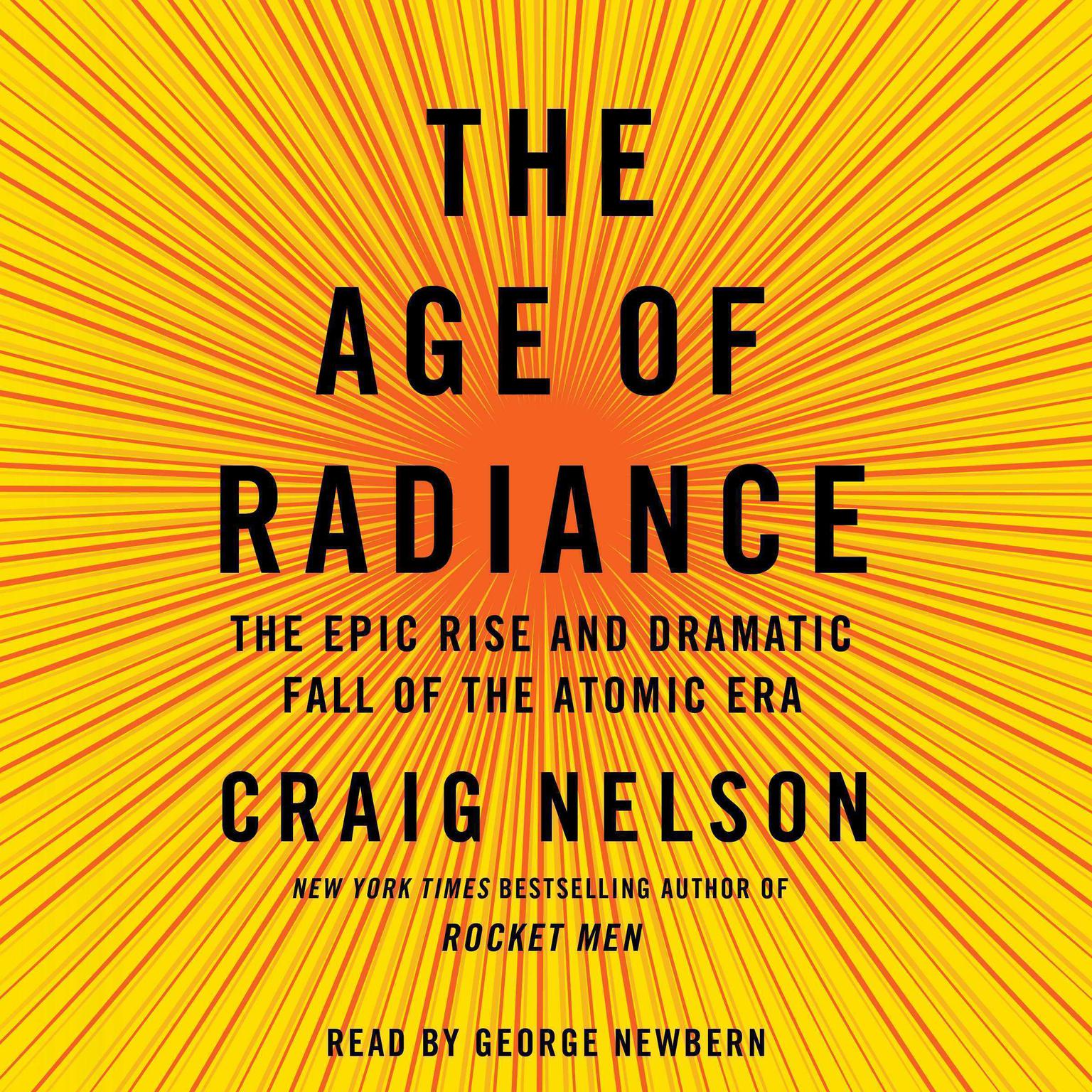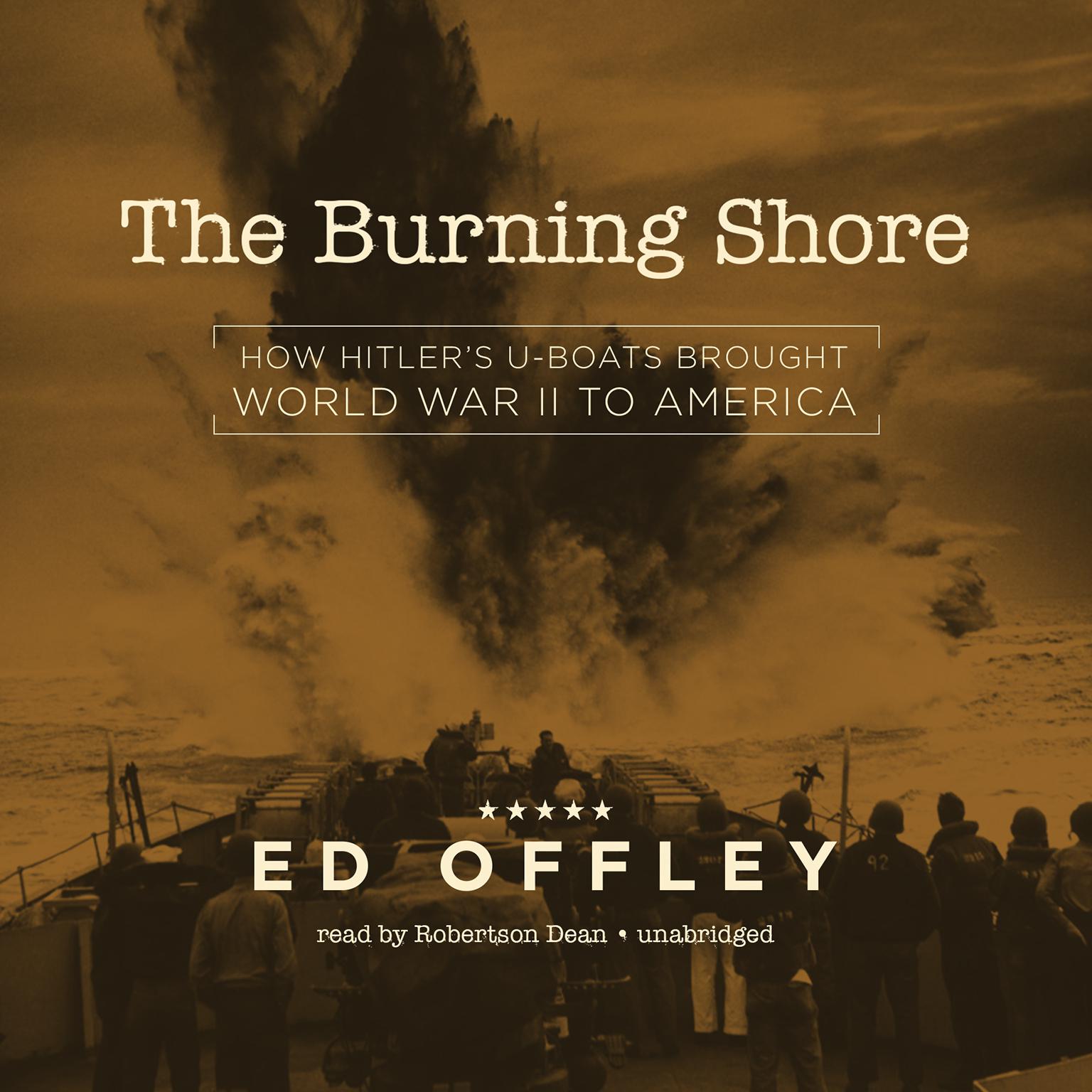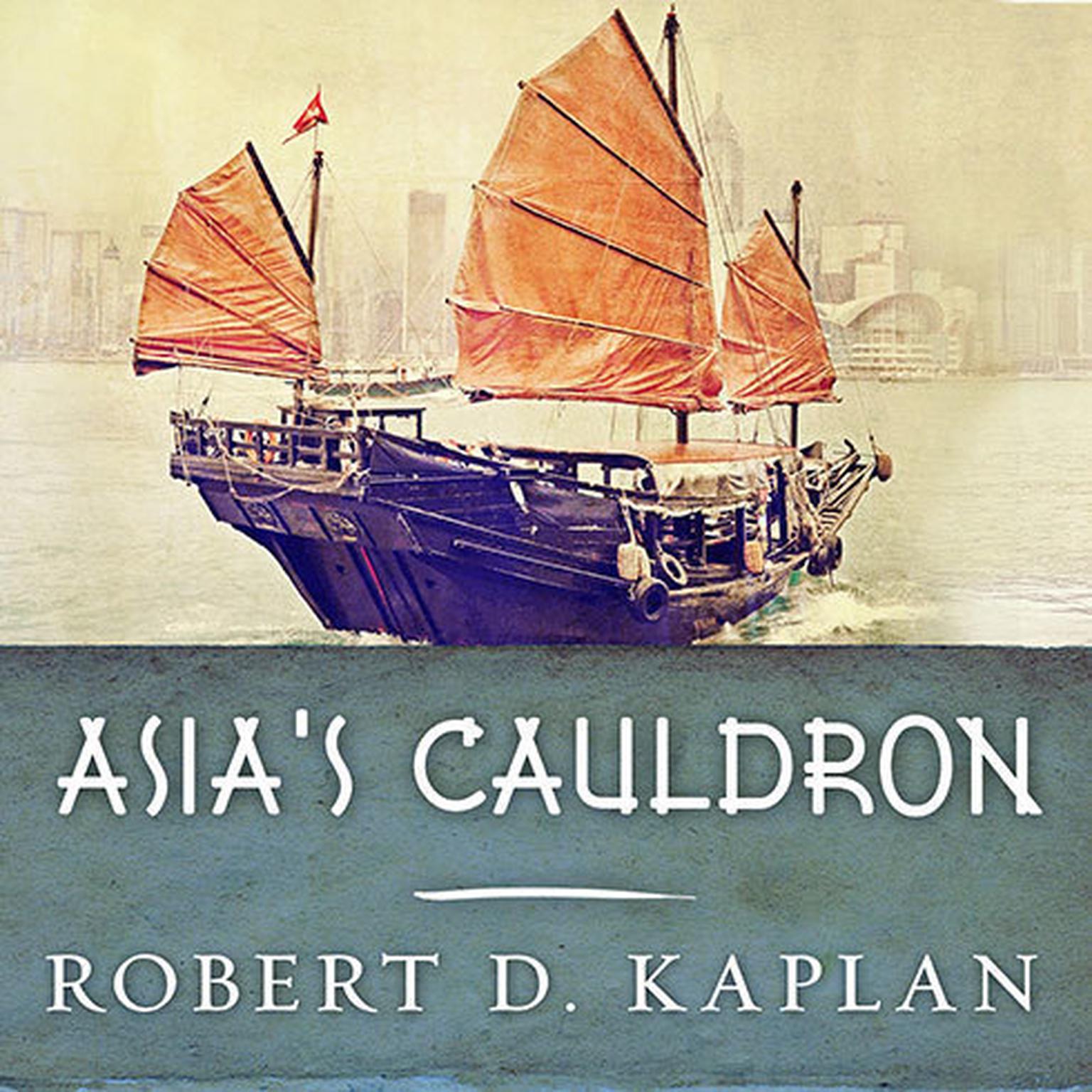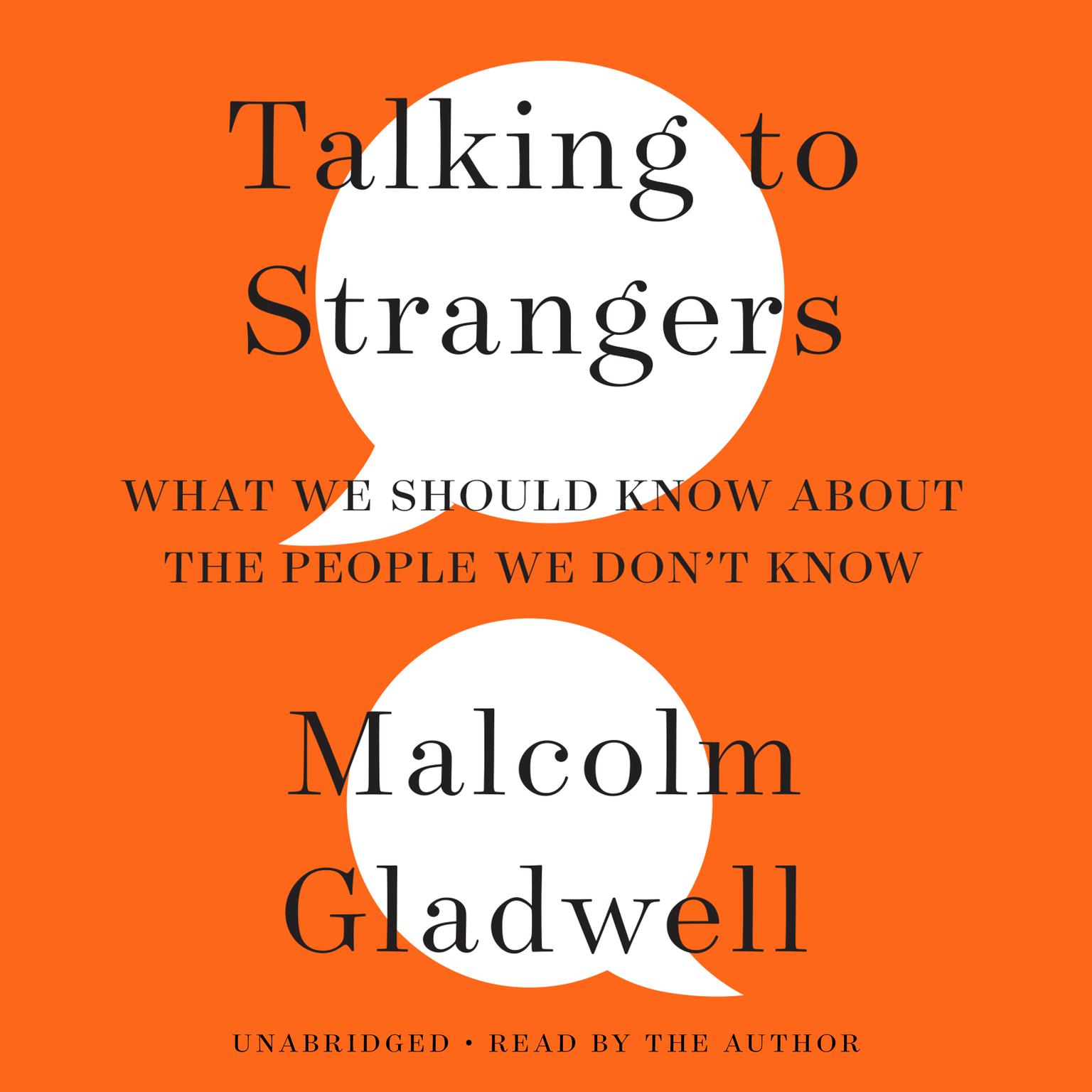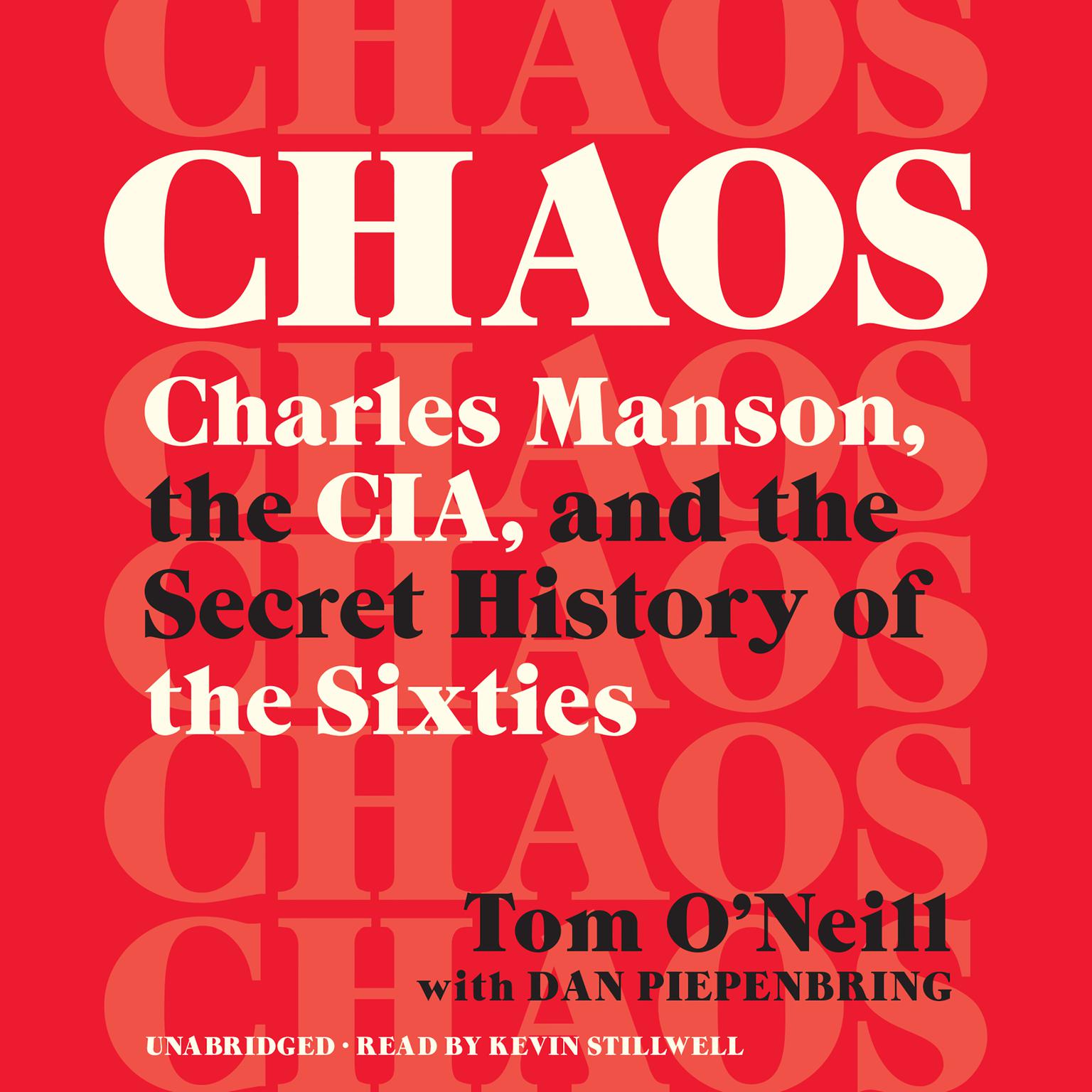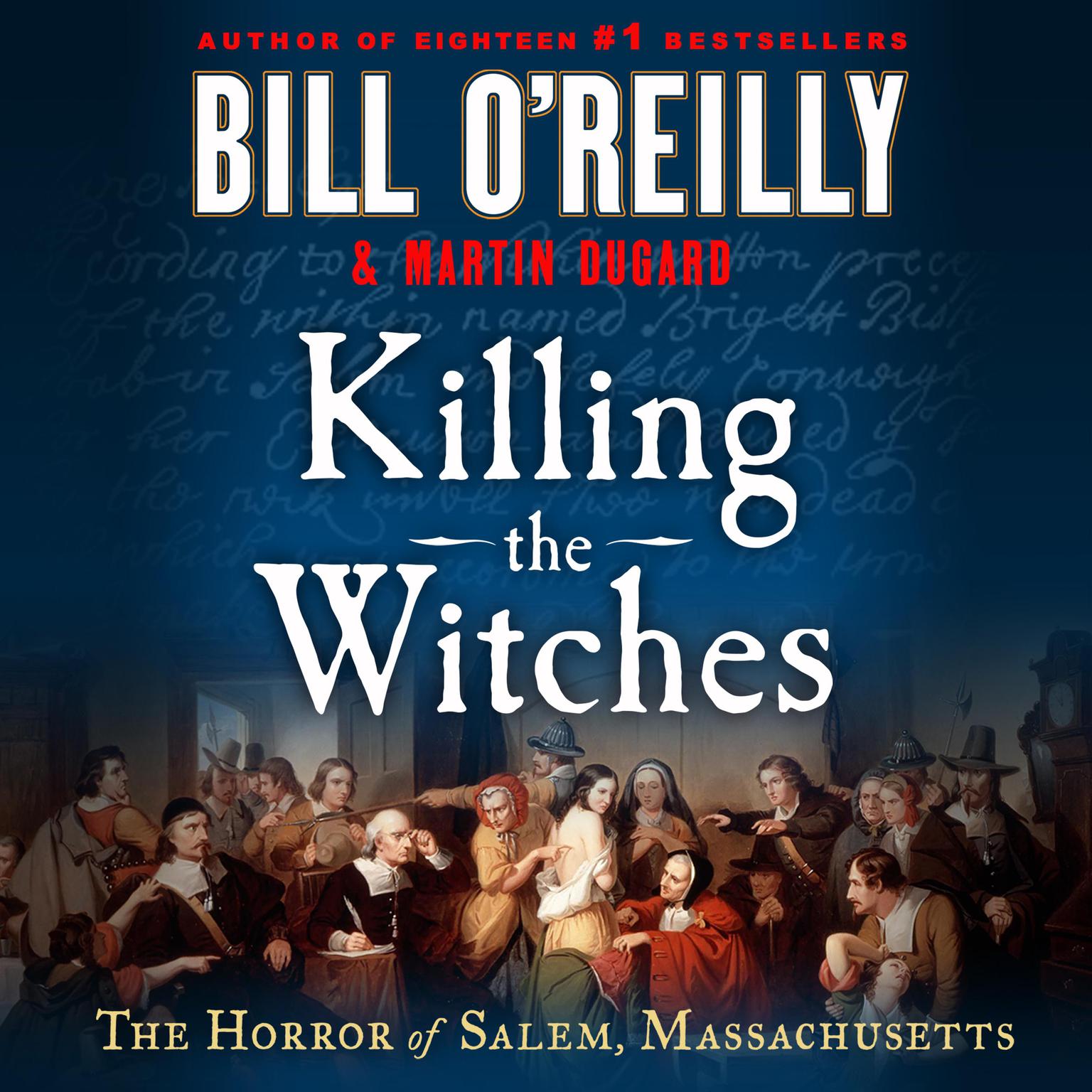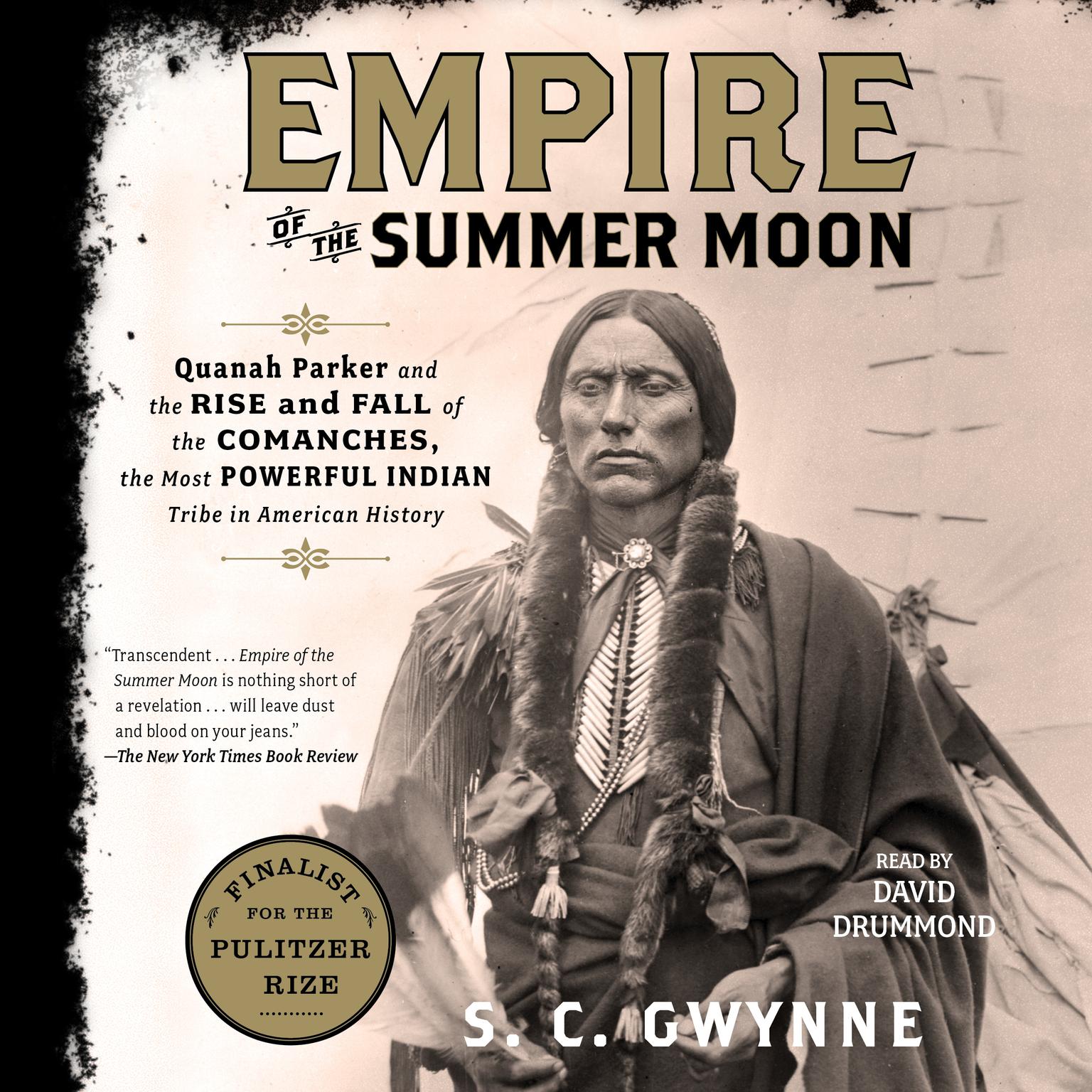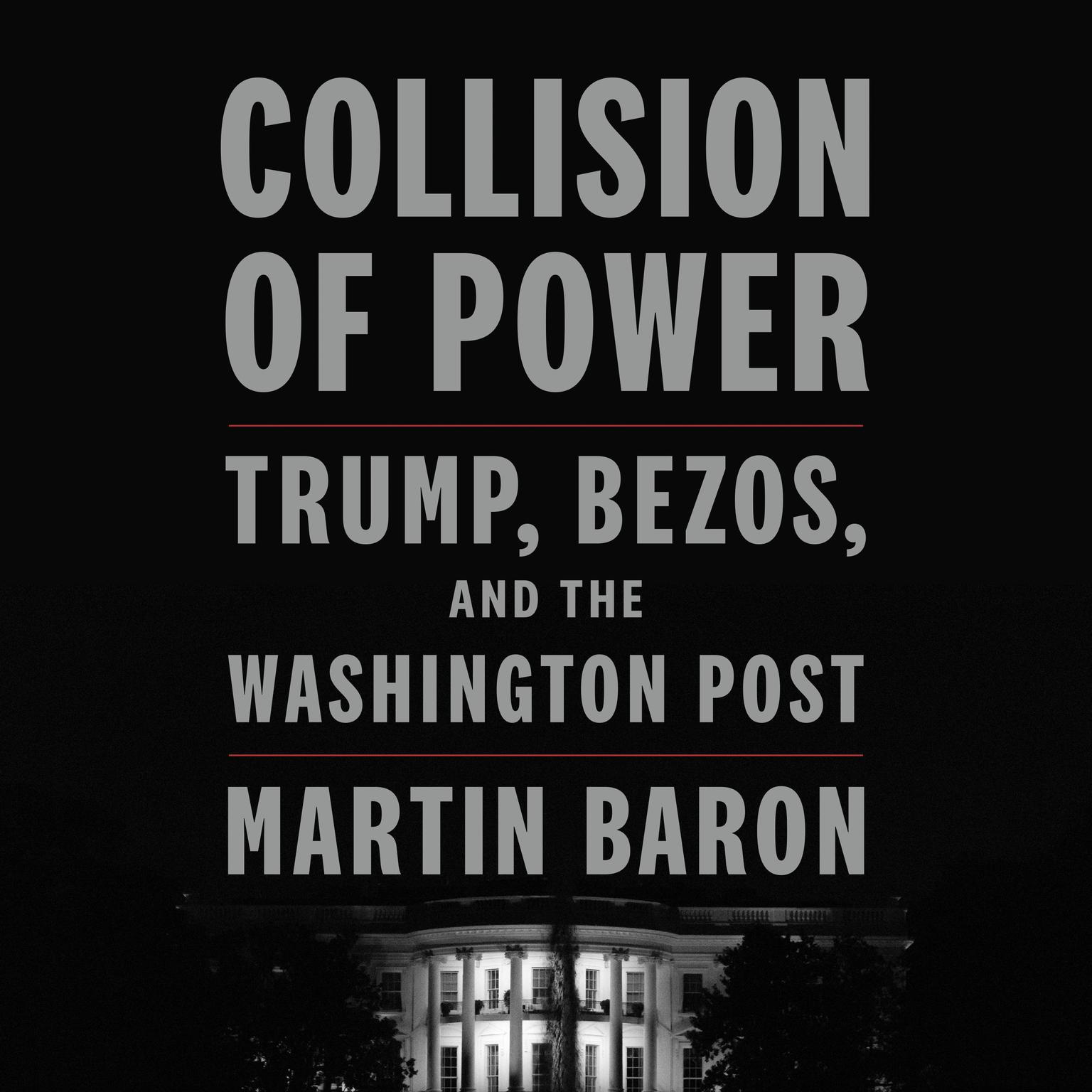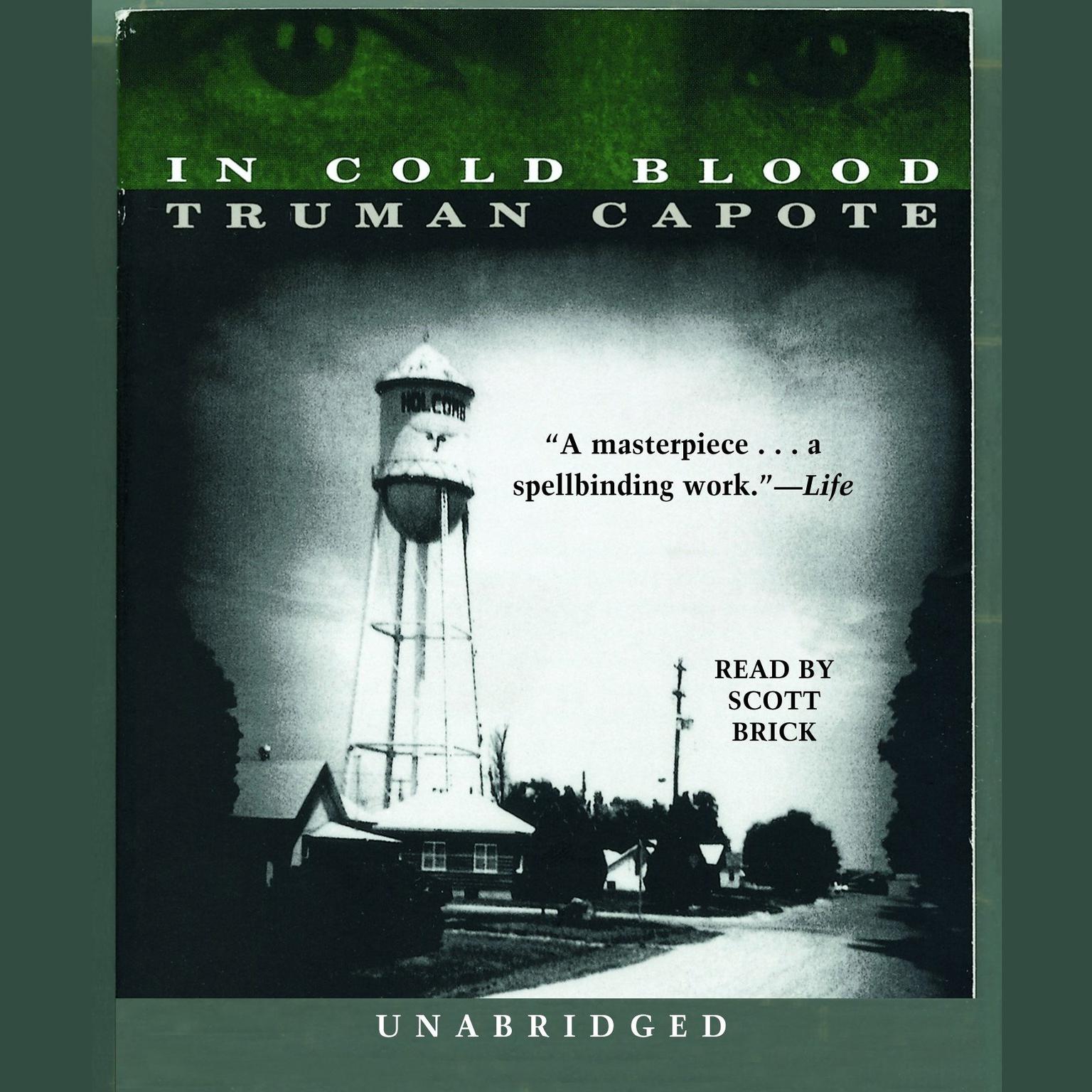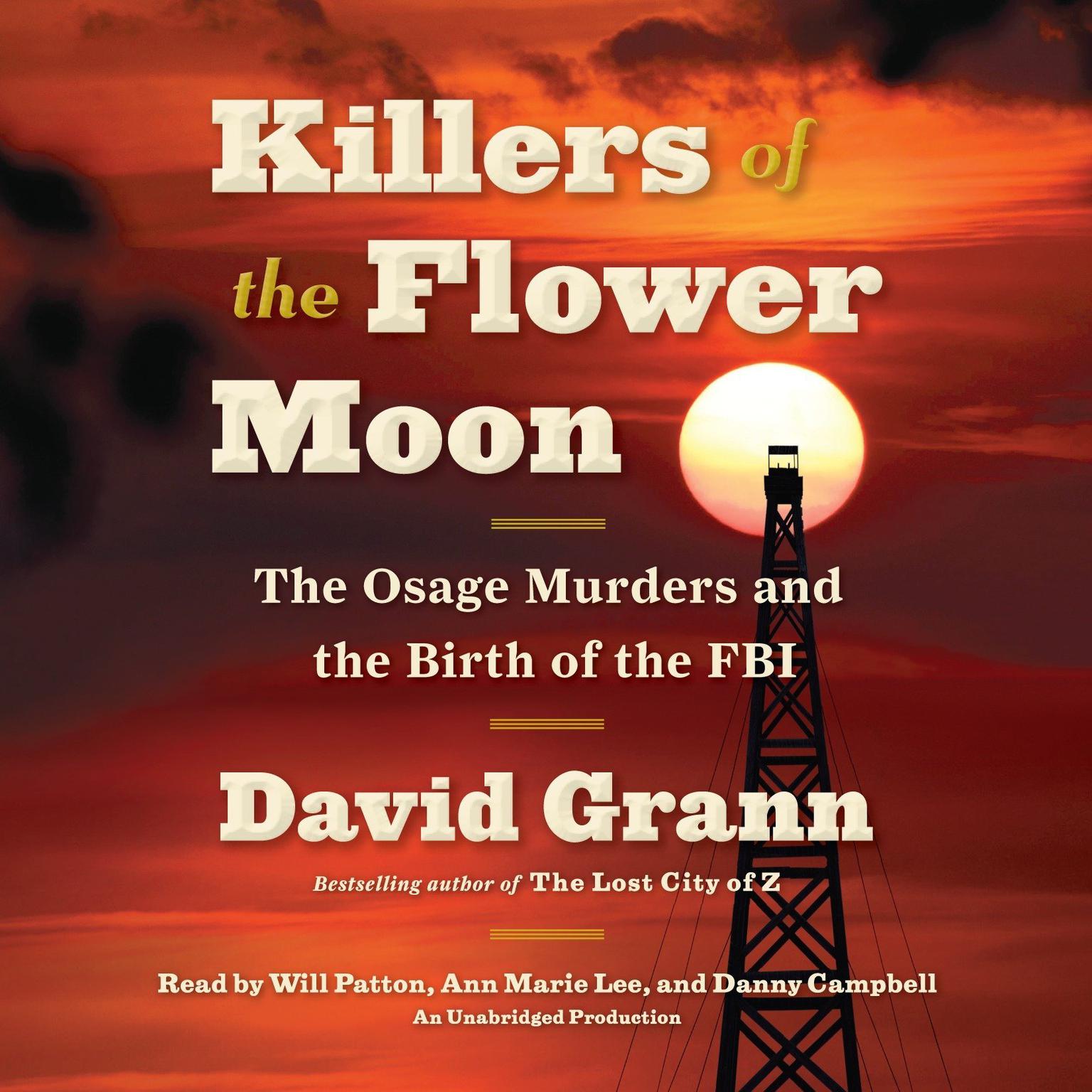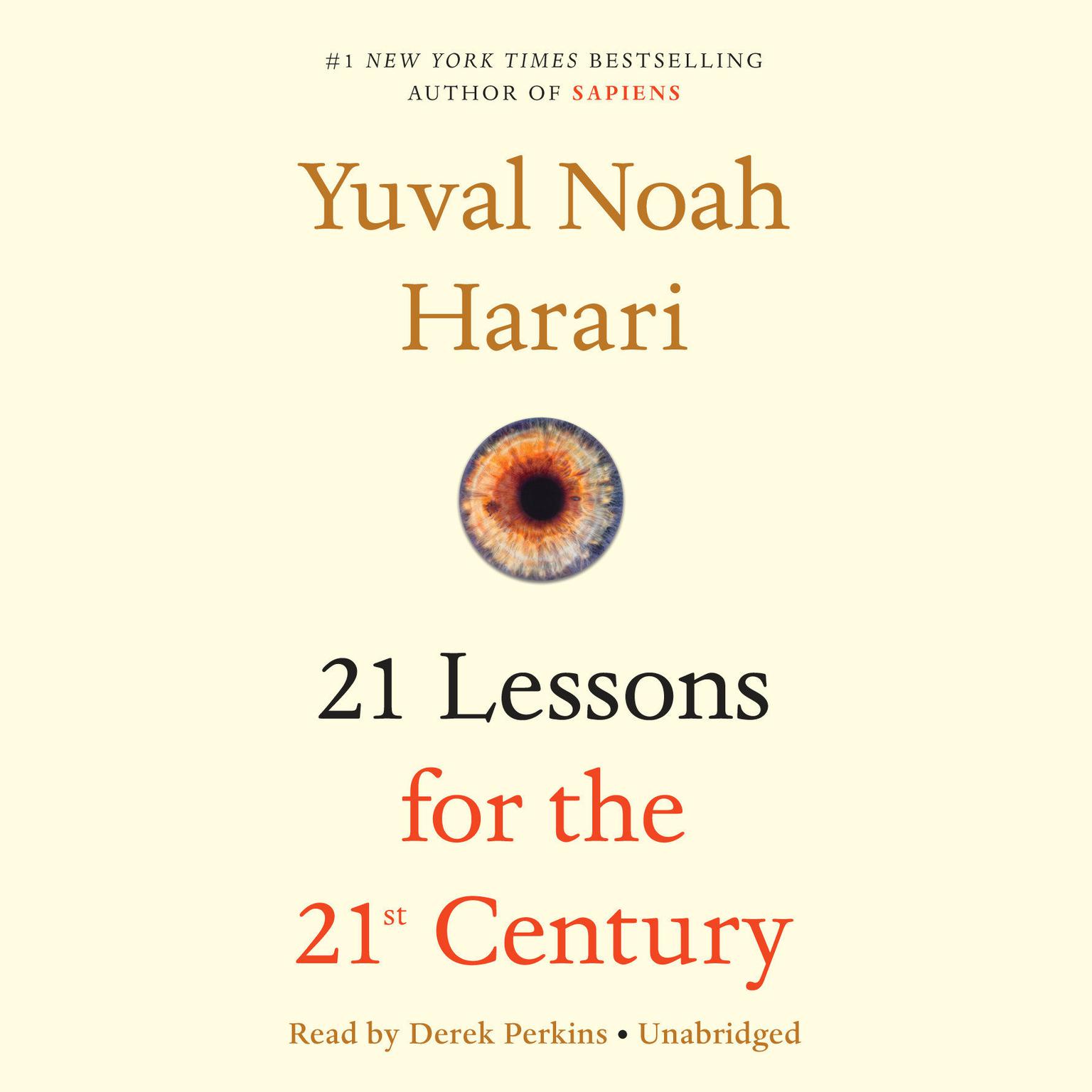Publisher Description
The Age of Radiance is the first complete history of
the Atomic Age, a brilliant account of the men and women who uncovered the
secrets of the nucleus, brought its power to America, and ignited the twentieth
century.
When Marie Curie, Enrico Fermi, and Edward Teller forged the science of
radioactivity, they created a revolution that arced from the end of the
nineteenth century, through the course of World War II and the Cold War, to our
own twenty-first-century confrontation with the dangers of nuclear power and
proliferation. While nuclear science improves our everyday lives, radiation’s
invisible powers can also trigger cancer and cellular mayhem. Writing with a
biographer’s passion, Craig Nelson unlocks one of the great mysteries of the
universe in a work that is tragic, triumphant, and above all, fascinating.
Nelson illuminates a pageant of fascinating historical figures: Marie
and Pierre Curie, Albert Einstein, Franklin Roosevelt, J. Robert Oppenheimer, John
F. Kennedy, and Mikhail Gorbachev, among others. He reveals how brilliant
Jewish scientists fleeing Hitler transformed America from a nation that created
lightbulbs and telephones into one that split atoms, and how the most grotesque
weapon ever invented could realize Alfred Nobel’s lifelong dream of global
peace.
Radiance defies our common-sense views of nature. Radiation is as scary
a word as cancer, but it is the power that keeps our planet warm, as well as
the force behind earthquakes, tsunamis, and volcanic eruptions, and so organic
to all life that even our own human bodies are radioactive. By tracing mankind’s
complicated relationship with the dangerous energy it unleashed, Nelson reveals
how atomic power and radiation are indivisible from our everyday lives.
Download and start listening now!
“A sweeping panorama of the nuclear age, from Wilhelm Röntgen’s discovery of x-rays to the Fukushima Daiichi nuclear disaster, paying particular attention to the colorful scientists whose brilliance and diligence unlocked the secrets of the atom…Nelson tells their stories vividly, with a journalist’s eye for symmetry and irony; the science itself is, at times, less central to his narrative than the fusion-reactions of interacting scientists and government officials.”
—
Booklist
